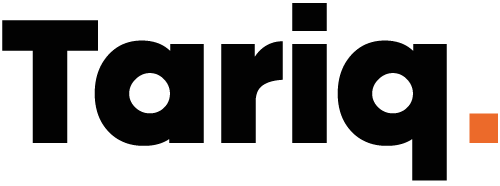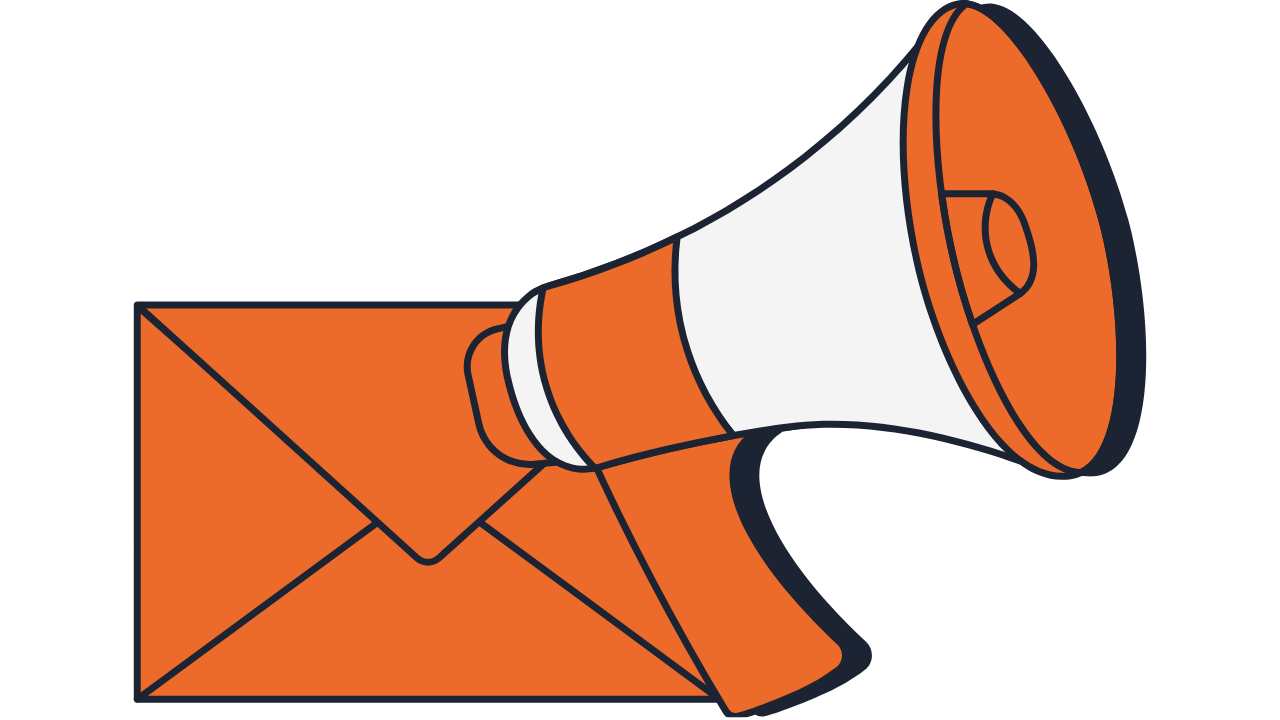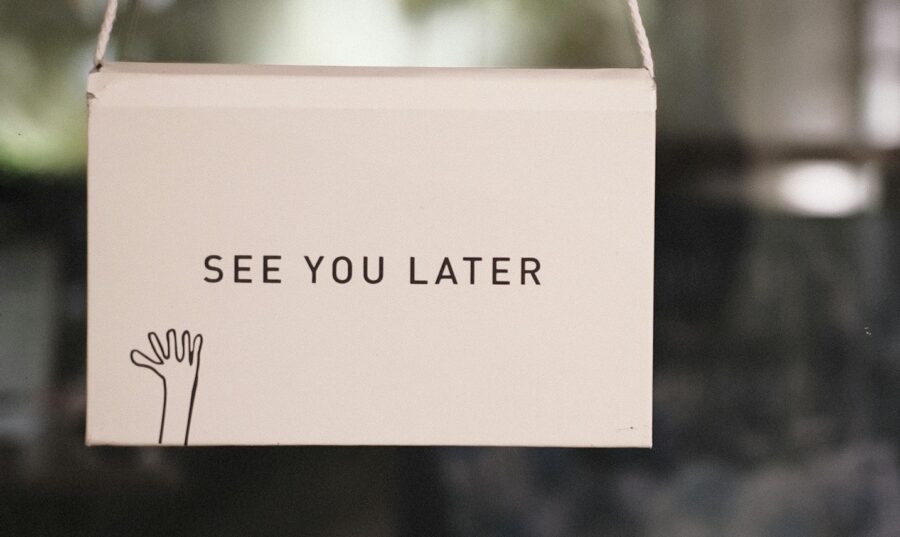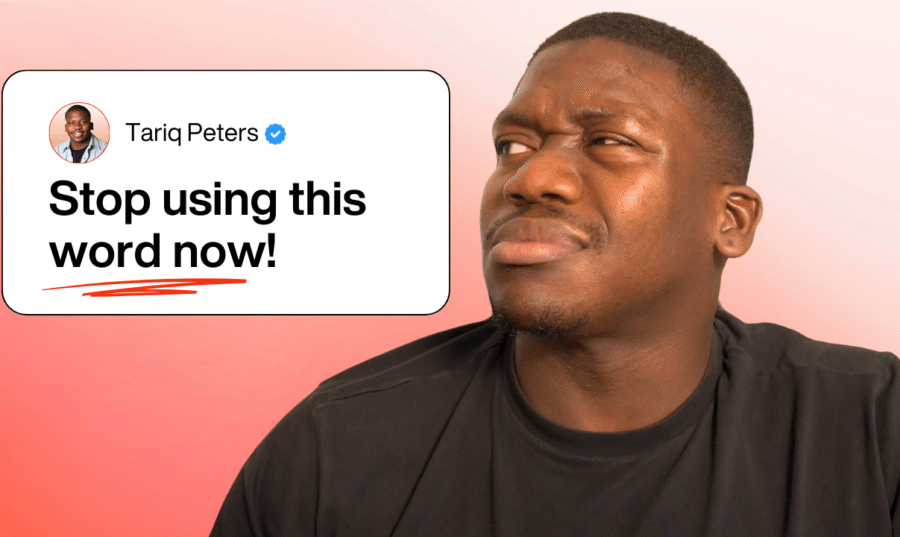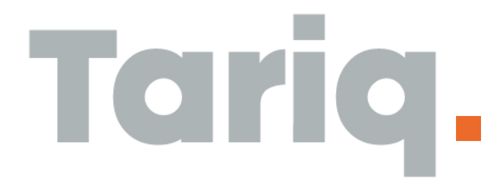Five years ago, a single tweet catapulted Kia Commodore’s journey to becoming one of the leading voices in personal finance for Gen Z and millennials.
What began as a late-night thread demystifying the Help to Buy ISA has since evolved into Pennies to Pounds, a multi-award-winning platform, chart-topping podcast and, most recently, the springboard for an AI-powered fintech venture.
Along the way, Kia has become an author, a sought-after speaker and a tireless advocate for financial literacy for underserved communities.
As Pennies to Pounds turns five, Kia is entering a new chapter: rebranding the business, relaunching the podcast and stepping into the world of tech entrepreneurship, all while carving out space for rest, reflection and a more intentional brand of hustle.
In this candid conversation, she opens up about separating her personal identity from the company, pitching bold ideas before they’re “ready,” and why thinking about your 70-year-old self might be the most underrated money move of all.
Grab a notepad! Kia’s insights on building with purpose, leveraging AI and safeguarding your peace may reshape the way you think about both money and ambition.
“Success lies in what you’re naturally good at, not in what the system says you should do.”
Let’s start with the journey. That viral Help to Buy ISA tweet really sparked something. Five years later, you’re an award-winning advocate, a published author and the founder of Pennies to Pounds. What do the next five years of impact look like for you?
The tweet was never something I planned, and neither was everything that followed. These five years were full of hard work, but also a lot of figuring things out in the dark.
Now I’m focused on intention. I’ve been doing a lot of reflection since the book came out, which happened the same week Pennies to Pounds turned five. So it felt like the perfect moment to pause and think about what’s next.
Going forward, I want to build more intentionally, with tools that speak to Gen Z and millennials. This is about building for the community, not just creating content for the sake of it.
People sharing, streaming the podcast and giving feedback have shaped what Pennies to Pounds is today, and I want to continue creating things that reflect what young people want when it comes to personal finance.
Speaking of building for the future, I saw that you recently rebranded the platform. What can we expect from this new phase?
The rebrand is exciting. I knew it was time, I just didn’t know how to approach it at first. For a while, I was creating content just to stay active. But I had to step back and ask: what do I want to be for people?
Now, the aim is to be the go-to financial education platform for Gen Z and millennials. That means meeting people where they are, with content that reflects culture, emotion and the different stages of life.
We’re not just talking about budgeting or saving anymore. We’re talking about money as a thread that runs through everything. And we’re putting ourselves at the epicentre of that.
I believe money is probably one of the only things that overlap with everything. Whatever you talk about, there’s always a link, so it’s crazy that we don’t get taught about money in school.
Join the £1M Visibility Blueprint
Weekly insights from my £1M personal brand journey. Strategy, visibility systems and earned media plays you can use now.
You’ve done an incredible job balancing your personal brand and the business. People recognise both, but they also know they’re distinct. How did you manage to separate the two while keeping them aligned?
That’s such a good question, and honestly, it means a lot that you’ve noticed. The truth is, I only started separating them about a year ago. Before that, people didn’t really know who I was beyond “the Pennies to Pounds girl.” And that was on me. I didn’t think it mattered.
But I realised I had so much more to offer, not just around finance, but around personal branding, goals and just life as a young woman.
So I started being intentional about showing more of myself. Behind-the-scenes moments. My opinions on personal finance. My day-to-day. And now, brands come to work with me as Kia, not just with the business. That separation has been really powerful.
It’s something I think everyone should do. Whether you have a brand or are planning to build one in the future. I think it’s important for people to be able to look at you and understand what you stand for and see you as an authority in whatever space you want to occupy and then you can go from there.
“We’re not just talking about budgeting or saving anymore. We’re talking about money as a thread that runs through everything.”
You’ve always been vocal about the role of tech in the finance space. What trends are you paying close attention to right now, and how are you keeping your community informed?
AI is obviously huge. If it’s not in the news, something’s wrong! But it reminds me of when digital banks like Monzo first came out. I was literally convincing my friends they weren’t scams just because there wasn’t a physical branch. Now, it’s second nature.
The same thing is happening with AI. A lot of our audience are understandably cautious, because no one’s really explaining how it works. But it has so much potential, especially for repetitive or mundane financial tasks.
That’s why we built the Pennies to Pounds Money Coach. It’s AI-powered and trained on our own content. So if someone has a finance question at 11pm, they can get help instantly, without waiting for us to reply to a DM. I’m also planning to run free webinars to demystify AI and show people how it can support them financially.
Congrats as well on becoming a fintech founder. How did that come about, and what can you share about what you’re working on?
People have told me for years, “You should build an app.” But I always said apps are expensive, and the idea has to actually solve a problem.
A few months ago, I was going through a bereavement and was in a really reflective place. That’s when the idea came to me. I pitched it to a fintech accelerator in Austria, just to test if it had legs. And I got in as one of only 30 female founders accepted. That gave me the validation to move forward.
I can’t say too much yet, but it’s going to be an AI-powered tool for your finances. I’m really excited about what it’s becoming, and the reaction from others has been amazing too.
That’s brilliant. Would you say that pitching your ideas early, before they’re fully developed, is something you’ve learned to lean into?
Yes, but that wasn’t always the case. I started at 21, and back then, I was just figuring things out. But over the past couple of years, I’ve become more audacious.
I’ve learned to apply for things even when I don’t feel ready. I’ve noticed that a lot of men apply for opportunities before they’re “qualified,” while women wait until everything is perfect. I’ve stopped doing that. When I applied to the accelerator, I literally wrote down a few sentences and hit send. That was enough.
It’s a great way to test if your idea has value. If no one bites, maybe it needs refining. But if people respond, you’ve got something worth building.
I think it’s really important for people to put themselves out there, even if they don’t feel ready. Because even if you don’t get something, or you get declined at the final hurdle, there’s always something to learn and improve on for next time.
“Going forward, I want to build more intentionally, with tools that speak to Gen Z and millennials.”
When you’re developing new ideas, do you share them with your circle, or wait until they’re more refined?
I run everything by my Dad first. He’s an incredible sounding board and always gives me honest feedback. But apart from him, I don’t share too widely. Most of my friends aren’t in fintech or entrepreneurship, so even though they’re super supportive and I love them with all my heart, they’re not the best people to critique a business idea.
If I need deeper insight, I’ll reach out to someone who’s built something similar. For the app, I reconnected with someone I’d interviewed years ago who has built and sold multiple apps. He gave me incredible advice.
If you don’t have someone like that in your circle, go find them. Reach out on LinkedIn. Build the connection first. You’d be surprised how generous people are with their time if you actually ask.
The Pennies to Pounds podcast is making a return. What can listeners expect from the new series?
A lot more real-life finance. I took a break from everything to reassess. When we come back, we’re making the episodes even more relatable, speaking to people at different stages of life, and creating space for community voices to come through.
The aim is to bring everything full circle. It might’ve taken longer to relaunch, but I want to come back strong, with no more breaks unless absolutely necessary.
You’ve spoken before about the importance of taking breaks to reset. What would you say to people who are scared to slow down or reflect?
If you were in a corporate job and asked for a promotion, your manager would look back on your progress to date. But when you run your own business or platform, you’ve got to be the one to stop and reflect.
If you’re constantly going, you end up doing what you’ve always done, which might not be what’s needed anymore. I get why people are afraid to stop. Social media makes you feel like if you disappear, someone else will take your spot. But if your brand is strong, people won’t forget you.
Look at Stephen Bartlett. If he stopped posting for three months and came back, people would still listen. You can pause, reflect and return stronger.
I think you shouldn’t be afraid to take a break. Breaks are healthy. If you’re building a business, a side hustle, or a platform, and you speak to any mentor who’s been through it, they’ll always advise you to take breaks.
There’s no badge of honour in burning yourself out. Constant hustle isn’t sustainable and it’s often in the quiet moments where you find clarity and can re-strategise for the better.
I’ve spent the last five years hustling. But I need the next five years to look different to have a better balance. If I’m still working at the same intensity five years from now, then I’m clearly doing something wrong!
“There’s no badge of honour in burning yourself out.”
How do you protect your creativity, peace and wellbeing behind the scenes?
Hobbies. I travelled a lot last year, but this year I’ve been more focused on work, so I’ve doubled down on my hobbies.
I sew. I game. I read. I work out. I’ve still got my Nintendo DS from when I was 11 and it still works. These things take my mind off business and help me recharge. My friends and family are also a huge part of that. They keep me grounded, and we rarely talk about work, which is perfect.
Sometimes when I’m doing my hobbies, an idea will just pop into my head, and it’s usually because I’ve let go and I’m not actively thinking about work. I always travel with a notepad and pen because I prefer to write things down before putting them into my phone’s notes app.
I’ll quickly jot it down in my notebook and carry on. That space gives me creativity and freedom, where I’m not in work mode, but ideas still come naturally. I always have a way to capture them.
You’ve always championed practical money habits. What’s one underrated habit or mindset shift you’d love to see more people adopt?
Thinking about your future self, especially when it comes to pensions and retirement.
People in their 20s and 30s often don’t consider what life will look like at 60 or 70. But I’ve seen so many older people who wish they’d planned better. Some still have to work long past retirement age, not out of choice but necessity. If we start planning early, we can change that outcome.
It’s not about “striking it big.” It’s about being intentional today.
“These five years were full of hard work, but also a lot of figuring things out in the dark.”
What kind of legacy do you hope to leave behind?
I want young people, especially from underserved backgrounds like mine, to feel seen and empowered. Finance wasn’t built with us in mind, but that doesn’t mean we can’t own it.
Whether through Pennies to Pounds or my personal platform, I want to show that success is possible. That you can learn, grow and thrive, even if you weren’t taught how to manage money in school.
If your 12-year-old self could see you now, what do you think she’d say, and what would you say back to her?
She’d be shocked, in the best way. That girl was selling cookies and doughnuts at school to make extra cash. She didn’t know it could become this.
I’d tell her to be herself. At that age, I didn’t know what I wanted to do, and I looked around at others who had their lives mapped out. But business was always in me. I just didn’t know it was a real path.
Success lies in what you’re naturally good at, not in what the system says you should do.
